5 Energy-saving Kitchen Appliances That Can Also Save You Money
In April 2022, the energy price cap is increasing. According to Ofgem, the new price cap will increase by 54% and impact around 22 million customers in the UK.Average energy costs are expected to increase from £1,277 to £1,971 for the year for those paying their energy bills by direct debit – a rise of £693.
Those who have opted for a prepayment method will see average annual costs rise from £1,309 to £2,017 – an increase of £708.
One way to help keep the financial impact of this as low as possible is to swap to more energy-efficient kitchen appliances, particularly if you were contemplating an upgrade anyway.

Are all appliances energy efficient?
Not necessarily. Some appliances are more energy-efficient than others; dishwashers are better when it comes to saving energy than washing machines, for example.To make things more confusing, one dishwasher model can have a much better energy efficiency rating than another. Size, for example, is a contributing factor. Say you were looking at two dishwashers of different sizes but with the same energy rating, in those instances, the smaller product will be more energy efficient than the larger.
The thing to remember is that – the better its rating – the better for your energy bills and the planet.
What is a good energy efficient rating?
Previously, household appliances were assigned energy ratings from A+++ – which is the best rating as it’s the least energy intensive (energy intensive means it uses a large amount of energy), – and D, the lowest rating.Energy efficiency ratings have been assisting consumers in selecting the best models for the planet and their energy bills for over 25 years. The ratings have also led to manufacturers working harder to build better products.
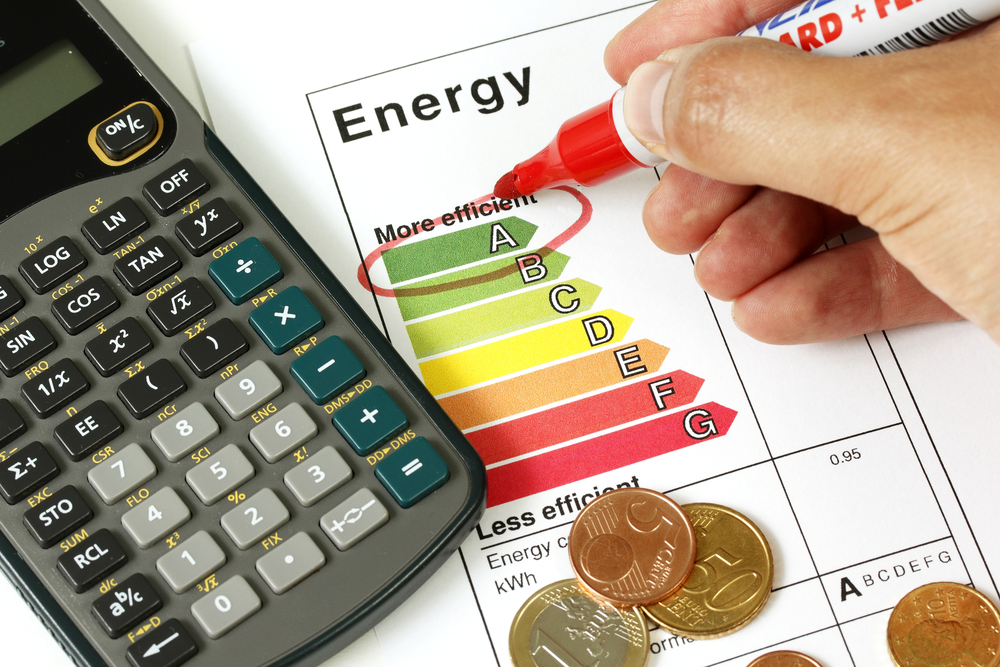
New energy labels released in 2020
In 2020, the UK introduced an energy label to make things even clearer and help consumers make better choices. Old energy ratings have now been removed and in their place is a new energy rating scale from A-G, where A is the best energy rating and G is the lowest.These are colour coordinated, so if you see a green energy label, you know you’re purchasing one of the most energy-efficient appliances. And if you’re looking at a red label, you’ll know that opting for a different model will save you money in the long run.
Some products will also have energy labels giving information on:
- Noise levels
- Storage capacity
- Water consumption
Video from the Energy Saving Trust.
Do energy-efficient appliances really save money?
In a word, yes, energy-efficient appliances do save you money. In Nov 2021, Which revealed that owning the least energy-efficient home appliances would result in energy consumption increasing your bills by approximately £490 every year.Conversely, choosing to invest in an appliance that has the highest energy efficiency rating can save you up to £336 each year. Which could amount to £3,360 over the average lifespan of a new appliance.
This Is Money also gives an example of how switching to an appliance that is more energy-efficient can save you money. They state that upgrading a fridge freezer with a rating of C to a product with an A+++ rating could save you £113 in annual running costs. With this example in mind, you’d recoup the money you spent within five years.
Therefore, if you are looking to upgrade your home appliances, it’s really important to do thorough research to ensure you purchase something that will save both money and energy, something that thankfully is mutually exclusive.
What are examples of energy-saving appliances?
Here are five examples of energy-saving appliances:An Energy-efficient Washing Machine
You may think that a smaller washing machine is a more energy-efficient appliance than, say, a model that can wash an 8kg or more load.But the fact is that by choosing a larger washing machine with a great energy label and increasing your load size to reduce the number of loads per week, you’ll actually end up saving more energy, water and money.
Washing Machine Energy-saving Tips
- If you want to reduce the number of washing cycles and cut down on running costs, weigh your laundry using bathroom scales to ensure you’re loading your machine with the right amount, a full load may be more than you think!
- You can also reduce energy usage further by washing your clothes at 30C. Most laundry detergents work better at this temperature anyway, so you may find your clothes come out even cleaner.
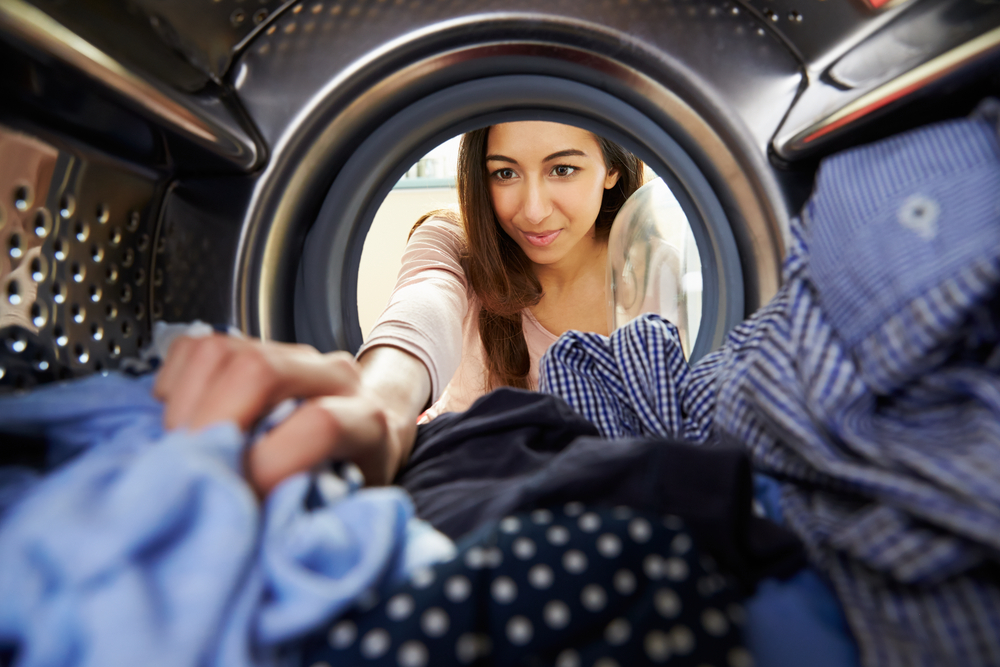
An Energy-efficient Dishwasher
It’s a common misconception that dishwashers are less energy-efficient than hand-washing your items, as proved with a study carried out by Reviewed.com.The study included washing four full place settings (plates, bowls, cutlery, glasses and mugs etc.) both by hand and in a dishwasher. The people that washed the place settings by hand used two methods, one used a bowl of soapy water and the other had the tap running continuously.
The results showed that manually washing the place settings used 12 gallons of water, which was 3.5 times more water than the average dishwasher used. Dishwashers are especially good for saving money on your bills if you’re on a water meter.
Dishwasher Energy-saving Tips
- When running your dishwasher, opt for an eco cycle wherever possible to lower energy consumption.
- Look at how you stack the machine. Try to arrange your plates, cups, dishes etc so that the spray can reach every item so you won’t have to do any additional scrubbing once the cycle has ended.
- Keep the salt and rinse levels topped up at all times.
- Be sure to keep the filter clean of debris and limescale build up.
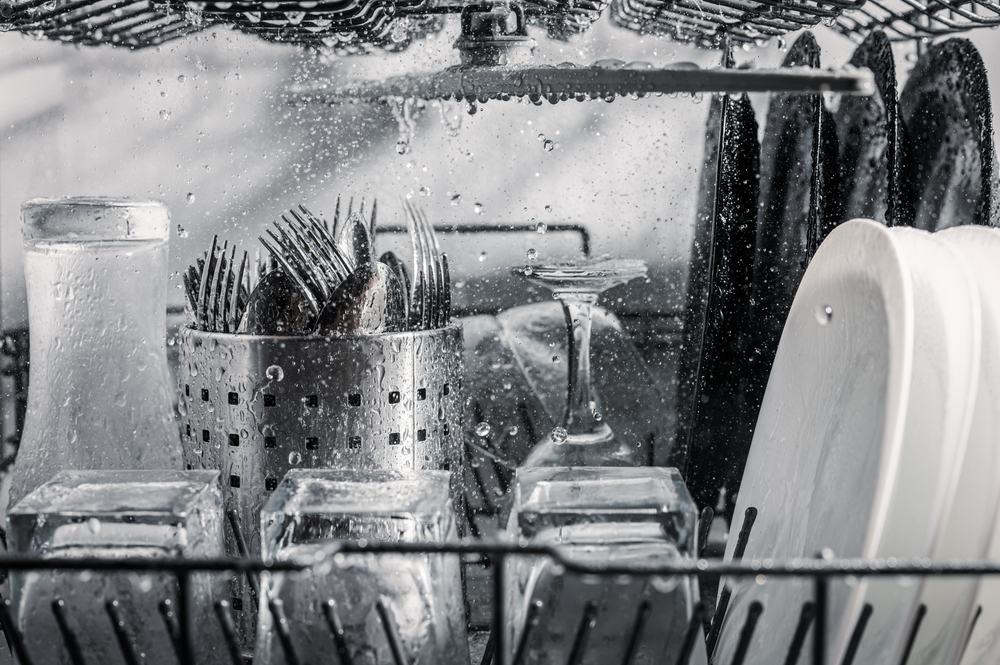
An Energy-efficient Induction Hob
If it’s time to upgrade your cooking appliances, Leafscore recommends that you opt for an induction hob if you’re shopping with energy efficiency in mind. Here’s a rundown of what you can expect from a new hob by fuel type:- Electric-coil and standard ceramic hob models are approximately 74% efficiency.
- Gas hobs are approximately 40% efficiency.
- Induction cooktops are 84% efficiency.
Induction Hob Energy-saving Tip
- If you want to further reduce how much energy your new induction hob uses, look out for a green energy label and consider models that come with simmer settings, a timer and keep warm functionality to use less energy.
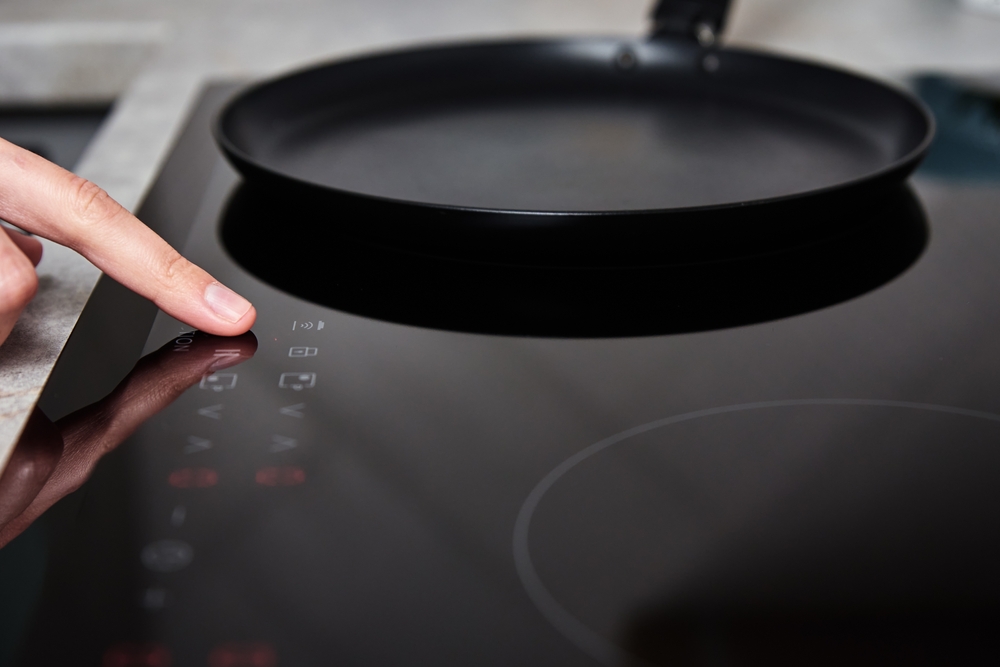
An Energy-efficient Oven
Upgrading your oven is an excellent way to save energy as modern electric multi-function models are designed with energy efficiency in mind.Fan ovens cook food more quickly and ensure an even cook, meaning that both time, temperature and your carbon footprint can be reduced.
Similar to washing machines, opting for an oven with a larger capacity, like our 77 litre ovens, can reduce how much energy is used since they are perfect for batch cooking (and then freezing) your food. Bulk cooking also helps to lessen food cost, food waste (which also impacts the environment), your energy bill and reduces time spent cooking throughout the week.
Oven Energy-saving Tip
- Look for models that have a rapid preheat feature to reduce the amount of time the oven needs to reach the right temperature.
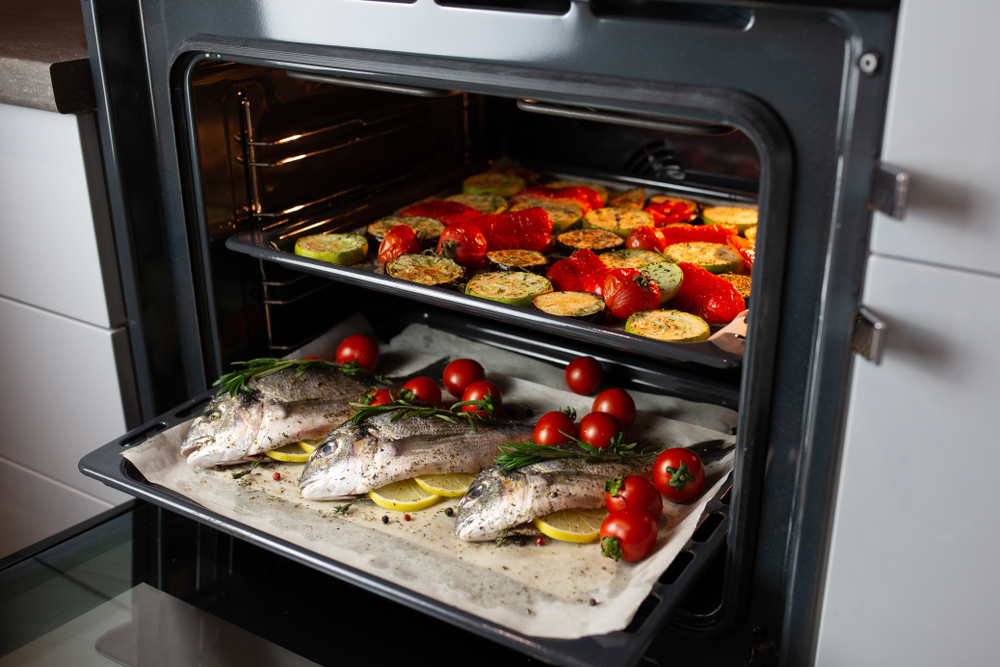
An Energy-efficient Microwave
While small appliances like microwaves are best-known as the method for heating up TV-dinners, there is a lot more to them.Heating up ingredients in general reduces the amount of nutrients within them. When you boil carrots, for example, the orange-tinged water that you pour down the drain is full of vitamins that have seeped out during the cooking process
According to Science Focus, microwaving your vegetables can help to preserve the goodness held within, meaning you get an extra shot of nutrients when you cook using a microwave.
Looking at microwaves as energy efficient products, you could, for example, microwave large baking potatoes for six minutes before popping it into your oven for 30 minutes. to cook from raw in the oven can take well over an hour.
Again, this technique will save both energy and time. You can also use your microwave to make sauces, melt chocolate, warm milk, reheat soup and more – it offers so much more than heating up microwave-meals as it can drastically reduce your energy costs.
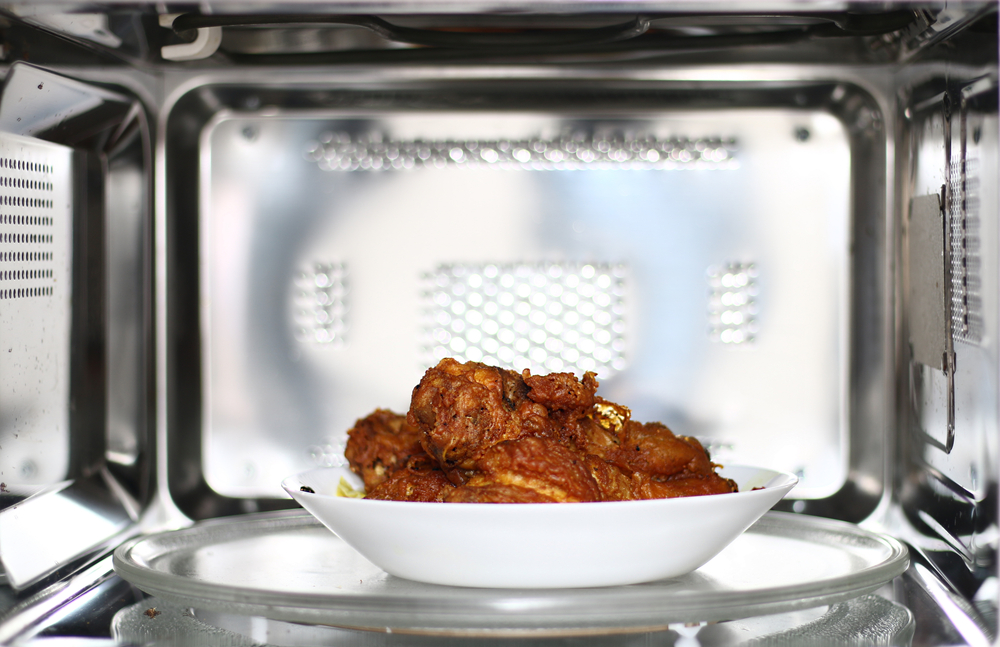
Which appliance uses the least amount of energy?
It may come as a surprise, but the kitchen appliance that uses the least energy is… the dishwasher!Choose a model with a great energy rating and you’ll not only never have to scrub dishes again, you’ll save yourself time and clean your dishes and other equipment in the most energy efficient way possible.
Are energy-efficient appliances worth it?
Yes. Energy-efficient appliances are definitely worth it. Considering how much the average UK household bills are set to increase in April, upgrading any of the gas and electrical appliances mentioned in this post (plus those that weren’t, honourable mention to fridge freezers) to a more energy efficient model can help lower your gas and electricity bills. Just keep your eye on those energy labels when shopping.By upgrading from an old model to something with a higher energy rating, you can make your money back through energy bill savings in just a few years.
An added bonus is that when you opt for products that save energy, you’re also doing your bit to make the planet a healthier place, too!
